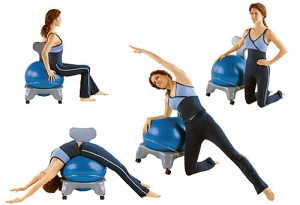Do you have any pregnant employees? If so, are you responsible for work related injuries to their unborn child? It is a delicate situation when it comes to injuries involving those in utero. In the late 1980s, there was a case involving a San Francisco Macy’s department store employee who complained to the company nurse of abdominal pain. The pain was misdiagnosed as gas and was later found to be a ruptured uterus. Even after pleas from the expectant mother, the ambulance was not called for 50 minutes and the delay was determined to be a main contributing factor to the severe brain damage and early demise (age 2) of the child.
The mother sued on behalf of her son but lost, because although Macy’s found that it was indeed negligent, the child was not an employee and therefore his surviving family could collect nothing loans-cash.net .





